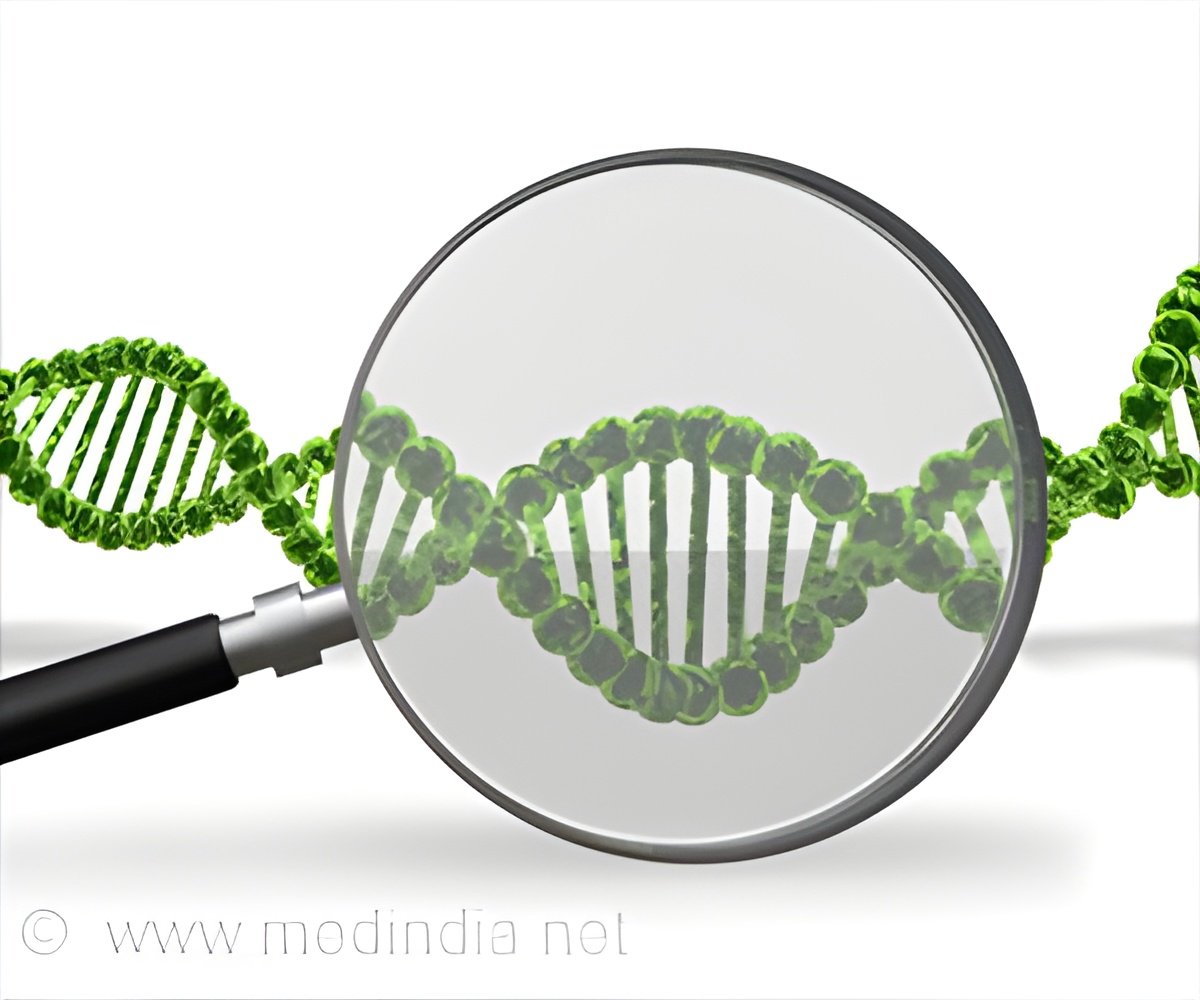
‘A central feature of diabetes, hyperglycemia impairs neural activity in a similar way to Alzheimer's disease models.’
Tweet it Now
“Diabetes is a major risk factor for developing Alzheimer's disease, but it is not clear why,” says James Hyman, study author and associate professor of psychology at UNLV.This study is the first evidence showing neural activity changes due to hyperglycemia that overlap with what is observed in Alzheimer’s systems.
Researchers found that two parts of the brain that are central to forming and retrieving memories — the hippocampus and the anterior cingulate cortex were over-connected, or hypersynchronized. These two parts of the brain are affected early in Alzheimer’s progression.
Though synchrony is important for different parts of the brain to work together, it has to happen at the right time and to happen with control.
Sometimes, there’s just too much ‘talking’ between certain areas and this leads to memory difficulties.
Advertisement
In Alzheimer’s patients, there is over-connection in certain areas where there should be flexibility. In this hyperglycemia study model, evidence of the connections are seen in real-time during crucial moments to do the task.
Advertisement
The next step in this study is to combine the biochemical markers and electrophysiology data to test specific mechanisms responsible for potential treatments.
Source-Medindia















